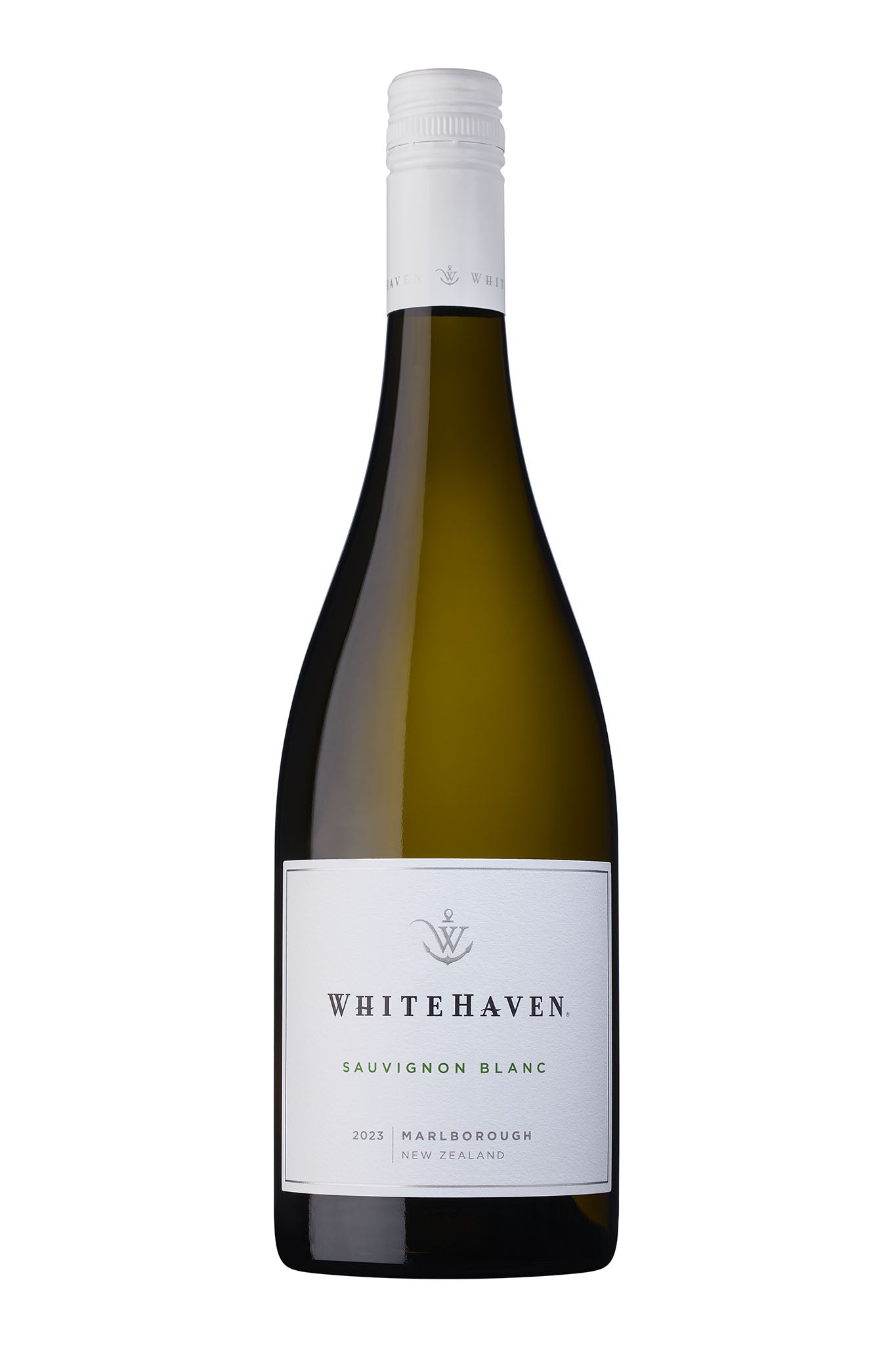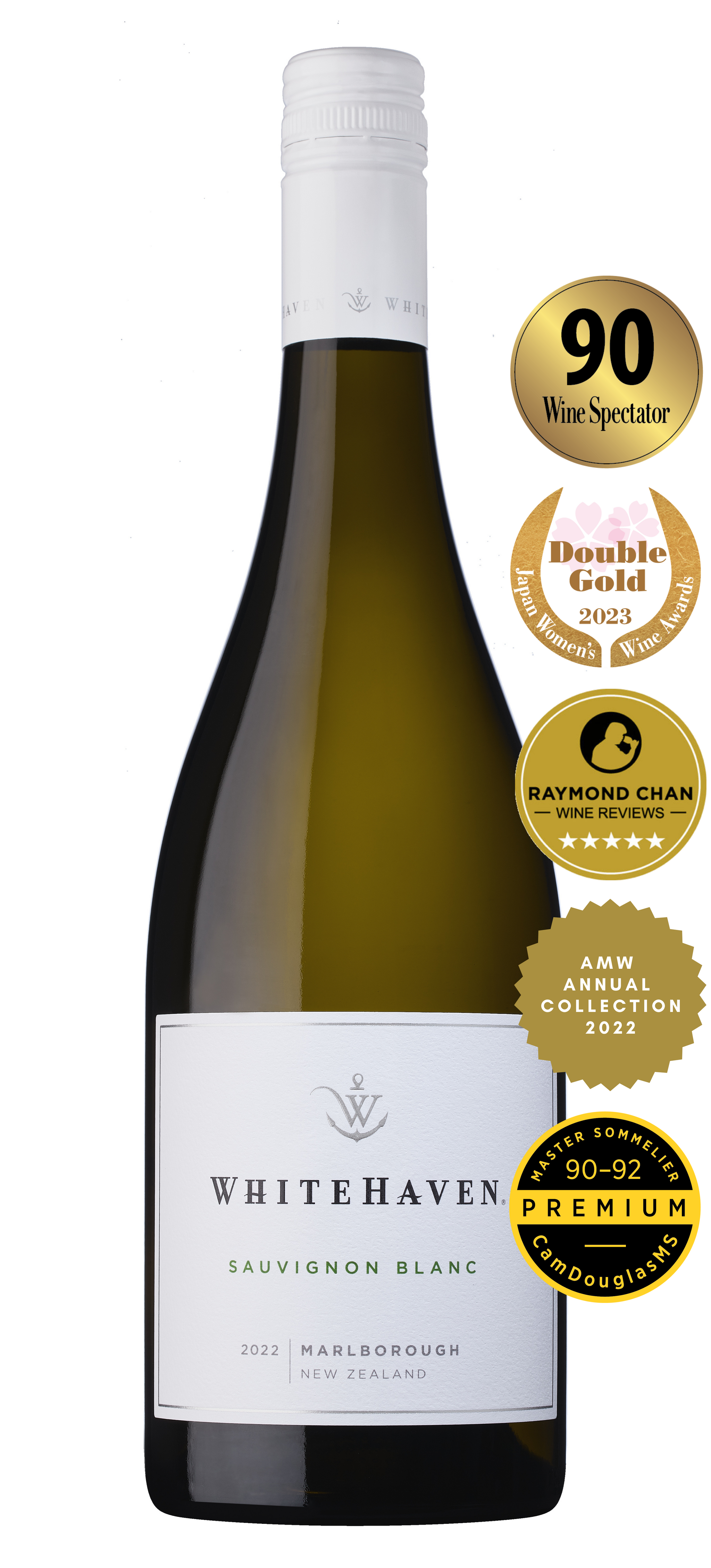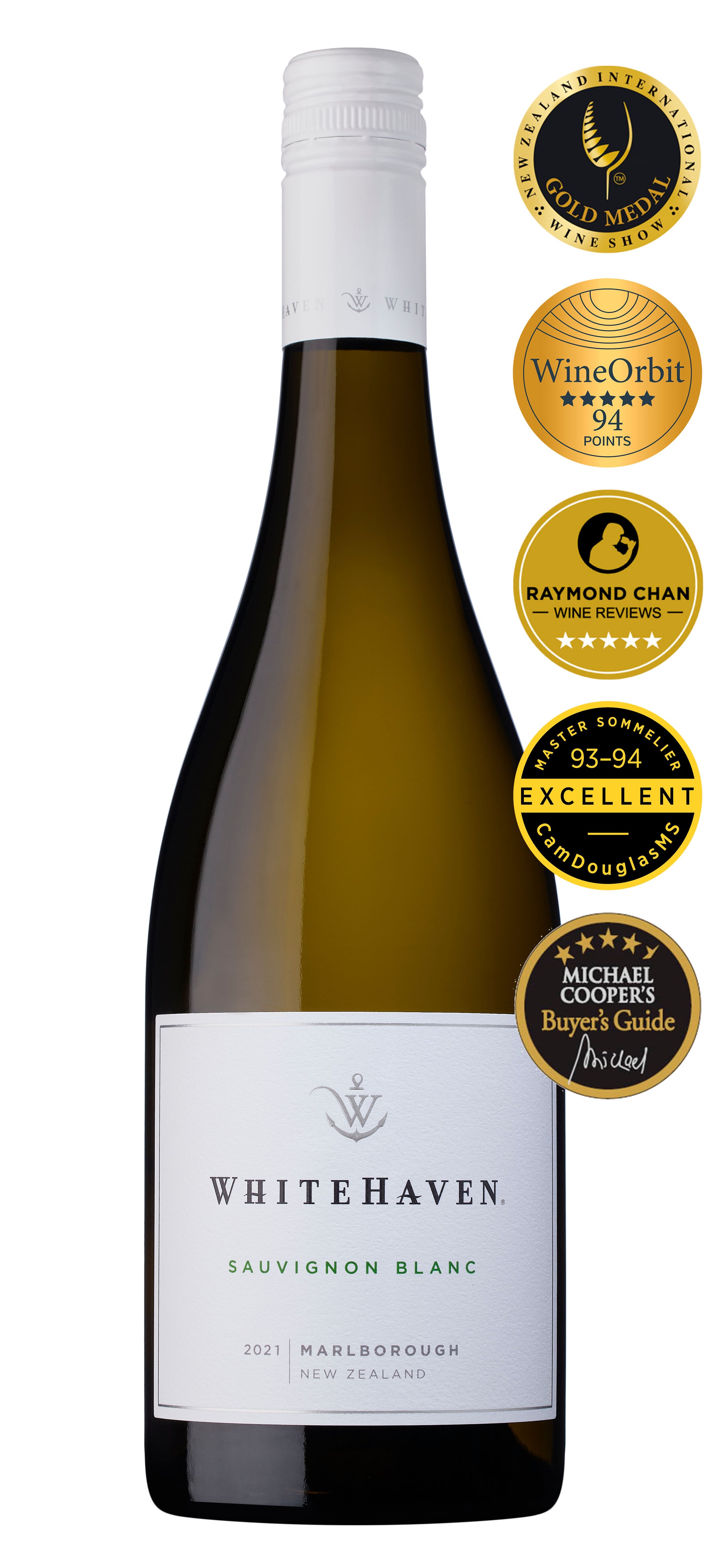Sold Out $26.99
For every 750ml bottle of Kōparepare sold, we donate $1 to the LegaSea cause, a non-profit organisation that works tirelessly to protect and restore New Zealand’s marine environment.
Colour / Appearance: Warm crimson red.
Aroma / Bouquet: Lifted strawberry, cherry and raspberry fruit flavours, supported by savoury dried herbs and spices and attractive oak char.
Palate: A medium bodied wine, with savoury red fruits and oak spice laced onto a fine, silky tannin structure. The soft acid and tannin framework carry the wine to a long, full finish.
Cellaring: Best drunk fresh and young but will age well with careful cellaring for 2-3 years.
Food Match: Red meat and game dishes such as venison, duck and rare lamb.
Serve: Ambient temperature.
Alcohol: 13.5%
Residual Sugar: 1 g/L
Acidity: 5.3 g/L
pH: 3.7
Vine Management: Standard trellis with balanced pruning to two canes and vertical shoot positioning. Vines are trimmed closely, well tucked, and leaf plucking is minimal. Two vineyard passes of cluster thinning are used to reduce the crop and diseased fruit and ensure evenly ripened and balanced fruit.
Climate: Budburst was slightly earlier than normal and the weather warmer than average. The early part of the season was notable for no frost events. In November, the weather became dry and the timing of the season returned to the long term average with some cooler days. Hot, dry weather in early December, resulted in a very good fruit set, and a rapid advancement in vine growth. The remainder of summer remained very hot and a number of unseasonal rain events added some disease pressure and required astute vineyard management. However, in March and April, the region was exposed to perfect late season ripening conditions of warm, sunny days and cool nights, resulting in intense fruit flavours.
Winemaking: The grapes were hand harvested in vineyard batches, destemmed and lightly crushed to small open-top fermenters. A five to six day cold soak was followed by a rapid fermentation. Some batches were allowed to ferment with indigenous yeast, and some with the selected strains. Fermentations were allowed to peak at 32 °C, and frequent hand-plunging to wet the cap was employed in the early stages of ferment. The wine was drained off early at around 0°Brix, and the skins pressed very lightly. Heavy pressings were treated separately. The wine was matured in French oak barriques for 10 months. 35% of these barriques were new.
You must be 18 or over to access our website.
Please confirm your age to enter.



